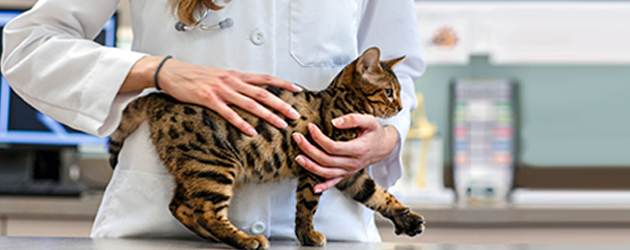Become an expert in a specific species.
Becoming a veterinarian doesn’t always mean you will end up working in a typical veterinary clinic dealing with common household cats and dogs; there are a number of areas that can be specialized in.

Currently there are 41 specialties recognized by the American Veterinary Medical Association (AVMA). These specialties range from animal welfare, to dentistry, to surgery, and of course veterinary practitioners. To become a specialist, a veterinarian is required to pass an examination that evaluates their knowledge in their specialty area. Within the veterinary practitioner specialization, there are a number of animal specific focus areas. They include:
- Avian Practice (birds)
- Equine Practice (horses)
- Beef Cattle Practice (cattle raised for meat)
- Feline Practice (cats)
- Canine/Feline Practice (dogs and cats)
- Exotic Companion Mammal Practice (ferrets, rabbits, mice, rats and other small mammals often kept as pets)
- Food Animal Practice (cattle and pigs)
- Dairy Practice (cows that produce milk)
- Reptile and Amphibian Practice (snakes, lizards, salamanders, turtles, etc.)
- Swine Health Management (pigs)
For up and coming vet students, finding the area that speaks to you will help determine your career options. Its best to research the varying veterinary programs and specializations offered at a number of schools when preparing to apply.
AVMA list of recognized specialties, https://www.avma.org/public/YourVet/Pages/veterinary-specialists.aspx
Trusted by veterinary students from over 30 countries worldwide, and built in partnership with internationally respected universities and professors, it includes: Complete 3D canine anatomy; Unmatched medical accuracy; Fully interactive navigation; 500+ quiz questions & more.